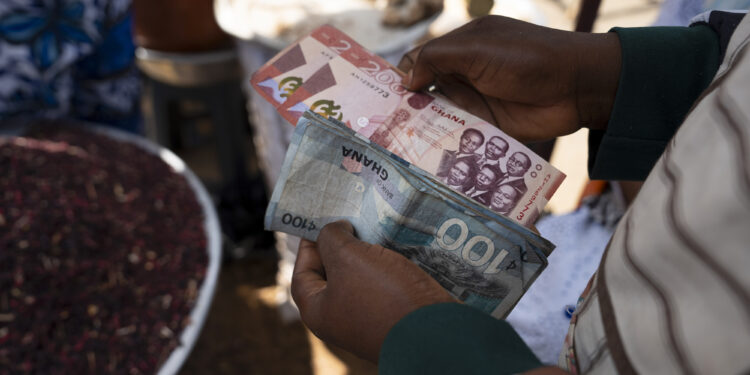Ghanaians Continue to Pay Bribes for Public Services, GSS Survey Shows
Nearly one in five Ghanaians who interacted with public officials in 2024 paid bribes—primarily in cash—to obtain access to essential government services, according to a new report by the Ghana Statistical Service (GSS).
The findings, released under the inaugural edition of the “Governance Series Wave 1 Report,” underscore the entrenched nature of petty corruption within public institutions and reflect broader governance challenges facing the West African nation.
The data show that 18.4% of respondents admitted to offering bribes in exchange for services, with the prevalence markedly higher among men—68.3% of those who paid bribes were male—than women, who accounted for 31.7%.
Urban residents were also significantly more likely to pay bribes, constituting 64.3% of reported cases, compared with 35.7% in rural areas. The report suggests that the increased interface between urban populations and public services may partly explain the disparity.
“The data points to a worrying disconnect between citizens and the institutions meant to serve them,” said Omar Seidu, Head of Social Statistics at GSS. “Reducing corruption is not just a legal obligation—it’s a social imperative.”
The report further reveals that persons living with disabilities were not insulated from the corruption cycle. Some 21.1% of disabled respondents reported paying bribes, with incidence particularly high among those with physical impairments (40.1%) and visual impairments (32.5%).
Regional disparities in bribery prevalence were also pronounced. Greater Accra recorded the highest rate at 22.0%, followed by the Ashanti Region at 18.1%. In contrast, the Savannah and North East regions reported the lowest incidence of bribery, at just 1.0% and 1.1%, respectively.
Alongside the corruption data, the GSS highlighted growing public dissatisfaction with governance structures. Approximately 70% of respondents believe there is little or no space for citizens to influence government decision-making—an indicator of declining public trust in democratic accountability.
The report’s findings come as the government of Ghana seeks to bolster investor confidence amid ongoing efforts to stabilise its macroeconomic framework under an IMF-supported programme. However, analysts warn that persistent governance weaknesses could undermine the country’s reform agenda.
The GSS has called for a comprehensive overhaul of public sector accountability mechanisms and a renewed commitment to anti-corruption measures. The report is expected to serve as a key reference for policymakers, development partners, and civil society actors engaged in institutional reform.







